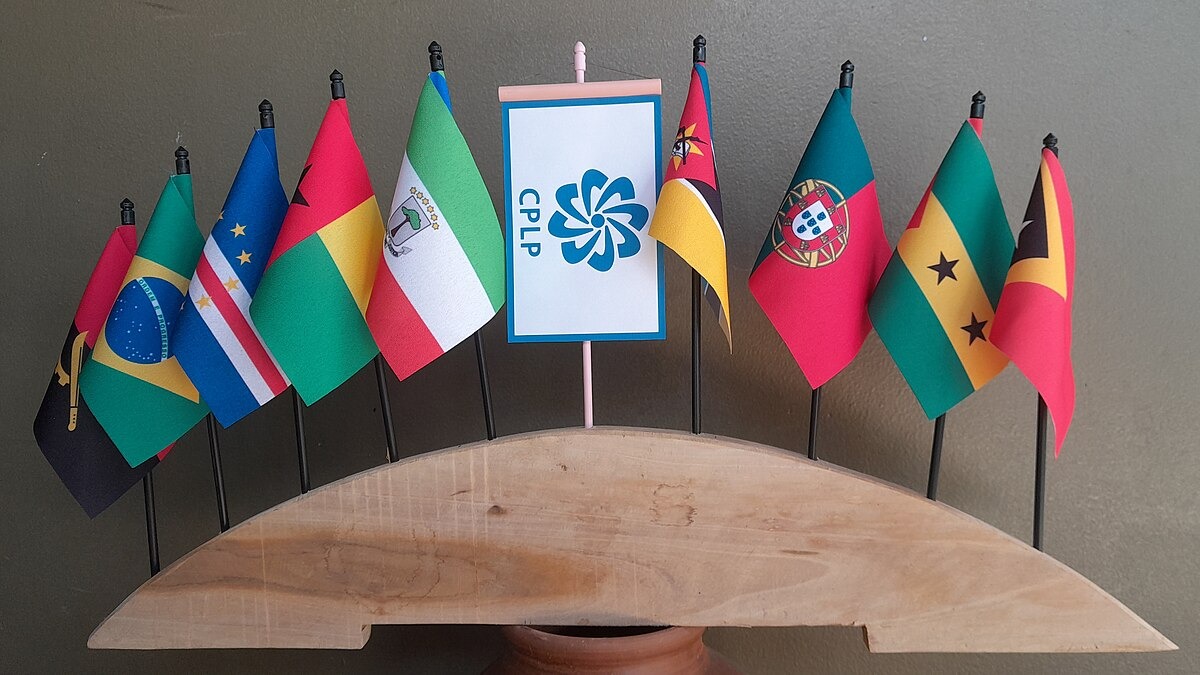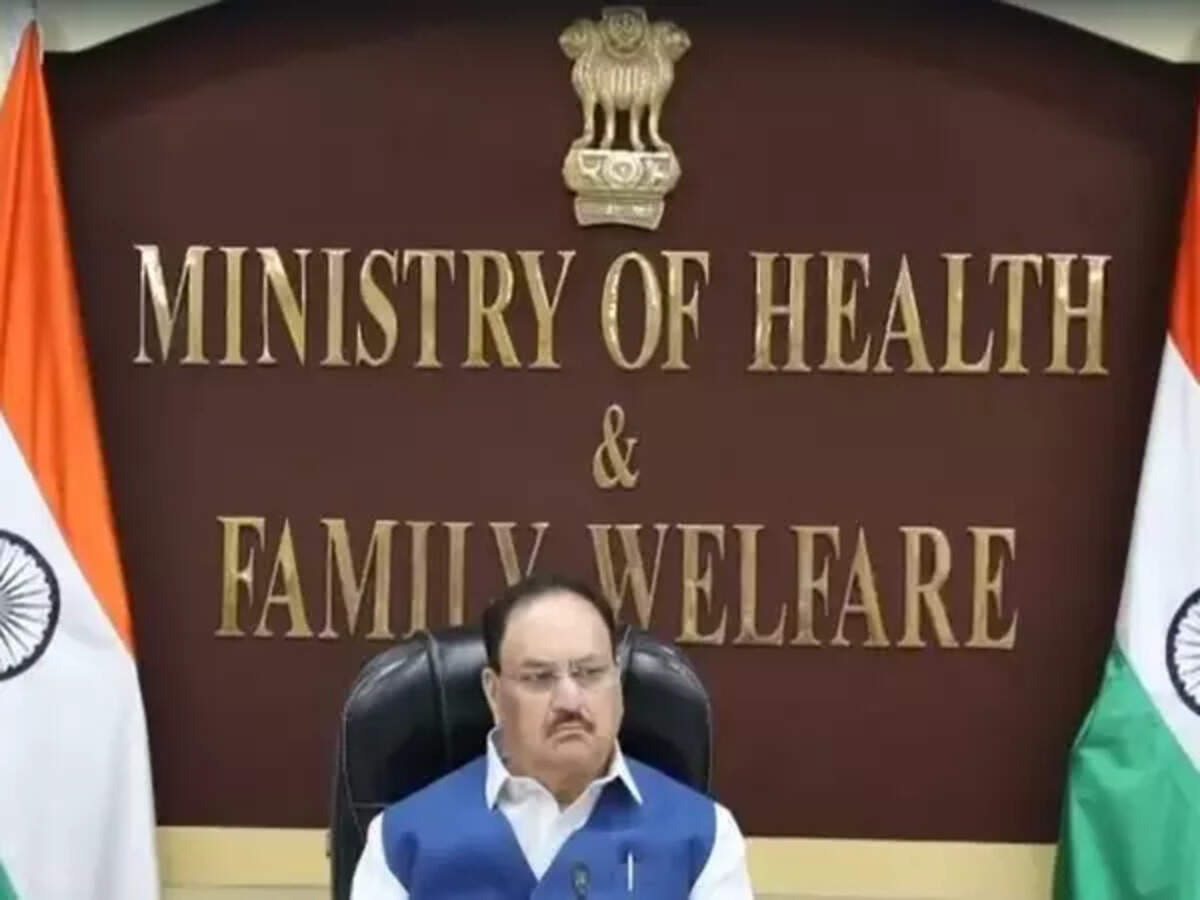 Image Source: Wikipedia
Image Source: Wikipedia
The CPLP-Community of Portuguese Language Countries (Comunidade dos Países de Língua Portuguesa)-is rising as a leading force in global cooperation, cultural exchange, and, more recently, global migration policy. From energy summits to landmark immigration reforms, the CPLP is making the news and changing the lives of millions across continents.
What is the CPLP?
Established in 1996, the CPLP is a multilateral organization that brings together countries where Portuguese is an official language. Its nine members stretch from Africa, South America, Europe, and Asia: Angola, Brazil, Cape Verde, Guinea-Bissau, Equatorial Guinea, Mozambique, Portugal, São Tomé and Príncipe, and Timor-Leste. Its mission is to develop political, economic, and cultural cooperation, increase the use of the Portuguese language, and create the free circulation of people and ideas among its members.
Latest Developments and Effect
1. Portugal's Game-Changing Immigration Law for CPLP Citizens
-
Simplified Residency: In February 2025, Portugal passed a historic law (Law No. 9/2025) that significantly streamlines the procedure for CPLP citizens to gain residence and work permits. Citizens of CPLP nations can now travel to Portugal as tourists-without first securing a job-seeking visa-and request a residence permit from within the country.
-
Card-Based Permits: The new residence permits will be given in the form of cards instead of the previous A4 paper certificate. This is in accordance with EU standards and makes travel within the Schengen Area easier.
Extended Validity: The residence permits have been extended from one year to two years, minimizing bureaucratic obstacles and offering more stability to immigrants.
Massive Reach: Portuguese authorities put the number of CPLP nationals who will gain from these reforms at more than 150,000, with most visa applications originating from Angola, Mozambique, and Cape Verde.
Digital Transformation: A special page for CPLP applicants is being created on the Agency for Integration, Migration, and Asylum (AIMA) portal, making the application process easier.
2. Mobility and Equity: A Double-Edged Sword
-
Visa-Free Entry for a Few: Although Brazilians and Timorese have long had visa-free entry into Portugal, citizens of most African CPLP nations continue to need a short-term visa to enter. The new law seeks to introduce greater parity but also underscores persisting inequalities among member states.
-
Rights Expansion: Beneficiaries of the new residence permit acquire access to family reunification and free movement within the Schengen Area-privileges that were beyond the reach of many CPLP nationals.
3. CPLP on the Global Stage: Energy, Climate, and Cooperation
-
II CPLP Energy Conference: The upcoming 2nd CPLP Energy Conference, scheduled for May 27-28, 2025, in Cascais, Portugal, will convene over 500 participants-including government officials, financiers, and energy experts-to discuss sustainable energy transitions and deepen sectoral cooperation.
-
Driving Sustainability: Under the theme “Driving a Resilient, Sustainable and Inclusive Energy Transition for the CPLP,” the conference will spotlight the bloc’s commitment to climate action and economic resilience.
4. Challenges and Unanswered Questions
-
Implementation Challenges: Even after the law has been passed, practicalities-including documentation needs, biometric data gathering, and complete implementation of the AIMA portal-remain in process.
-
Equity Issues: There is continued debate over fairness, particularly over the various visa specifications for African compared to non-African CPLP citizens. The long-term effect on immigration patterns and integration of the law is under discussion.
Why the CPLP Matters Now
The CPLP is no longer merely a cultural bridge-it's a force behind actual policy reform and opportunity. Portugal's reforms may be the model for other member states to follow, establishing the CPLP as a regional mobility and integration model. With big conferences and legislative changes looming on the horizon, the influence of the CPLP is only going to increase, providing new avenues for individuals, ideas, and sustainable development throughout the Portuguese-speaking world.
Sources: Flexi News, LVPadvogados, Valadas Coriel, ALER, Ei! Migration and Settling Services
Advertisement
Advertisement




